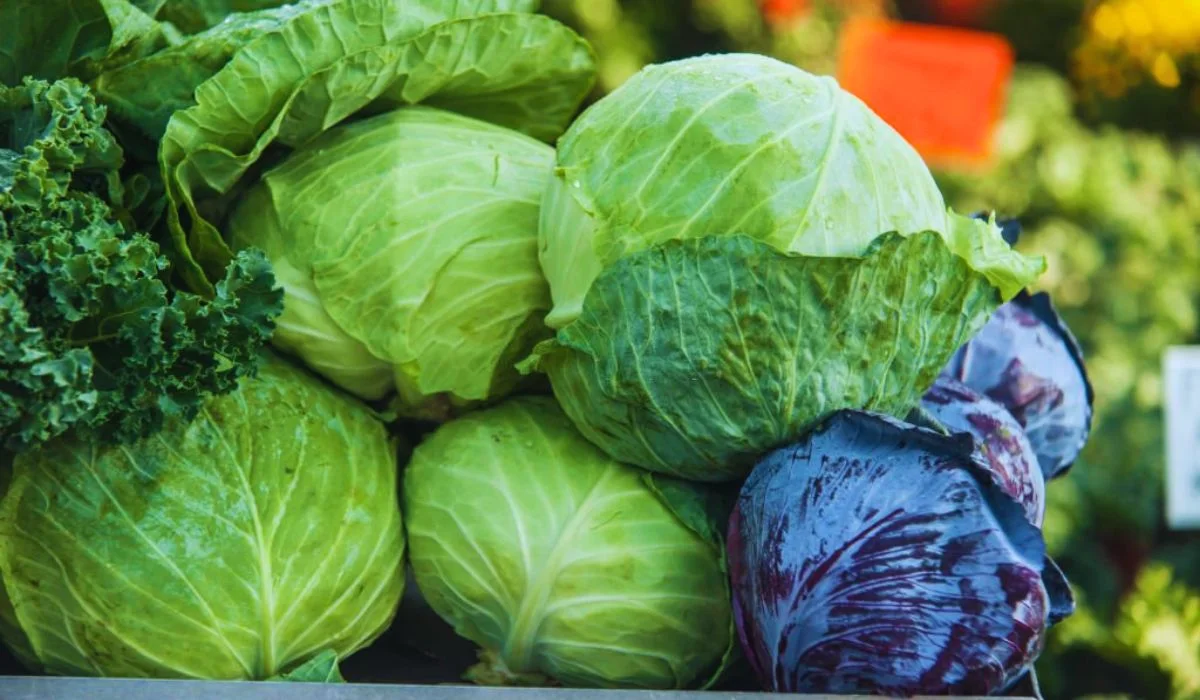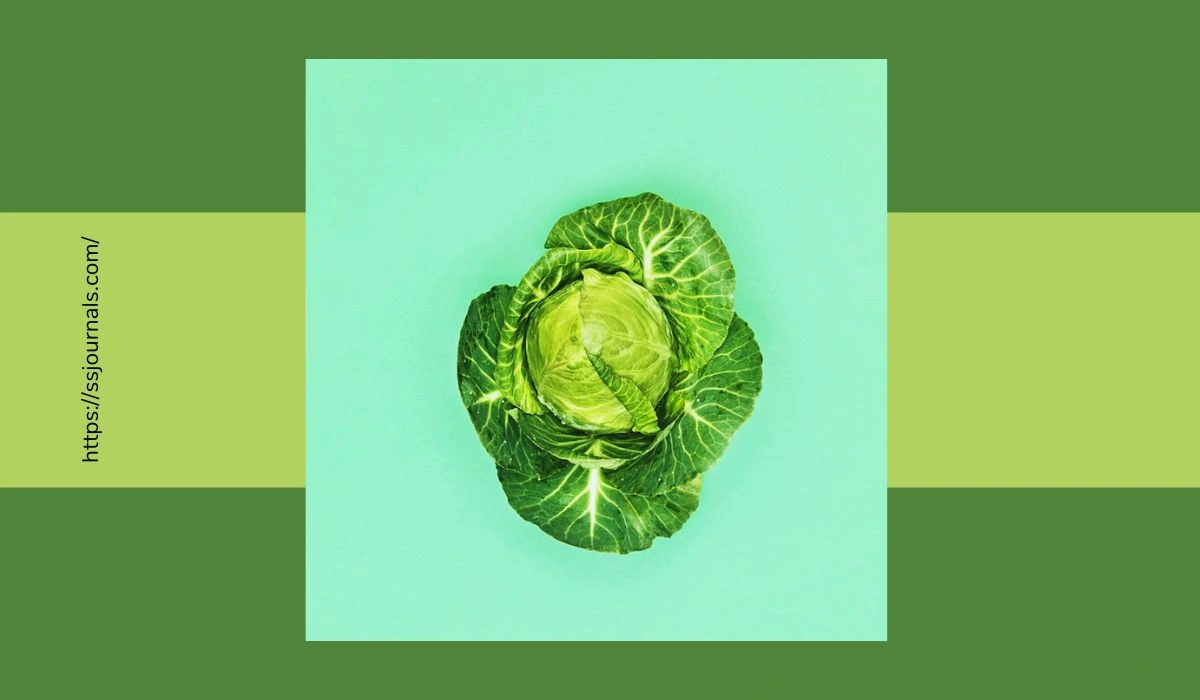Cabbage is one of the most nutritious yet underrated vegetables. This leafy green has been grown for over 4,000 years and is used in culinary dishes around the world. Though it’s commonly featured in salads and coleslaw, cabbage can be prepared in many different ways.
Beyond being low in calories and high in fiber, cabbage contains a wealth of important vitamins, minerals, and antioxidants. Adding more cabbage to your diet can provide many health benefits.
Understand The Health Benefits Of Cabbage

Cabbage contains a number of powerful compounds that have been shown to promote health:
- Vitamin C – One cup of chopped raw cabbage provides 54% of the recommended daily intake of vitamin C. This vital nutrient acts as an antioxidant to protect cells against damage and aid in the absorption of iron. Vitamin C also supports a healthy immune system.
- Vitamin K – Cabbage is an excellent source of vitamin K, providing over 50% of the RDI per cup. Vitamin K is essential for proper blood clotting and bone health. Studies show an adequate vitamin K intake can reduce the risk of bone fractures.
- Fiber – At only 22 calories per cup, cabbage is very low in calories yet packed with fiber. This combination makes it an ideal food for supporting weight loss and digestive health. Fiber moves through the body undigested, promoting fullness and cleansing the gastrointestinal tract.
- Sulforaphane – Cabbage contains sulforaphane, a compound formed when cabbage is chopped or chewed. Sulforaphane has been shown to have anti-inflammatory, antioxidant, and even anti-cancer effects in studies.
- Anthocyanins – The red cabbage variety contains beneficial plant pigments called anthocyanins. These antioxidants give red cabbage its deep purple color. Anthocyanins protect against heart disease, certain cancers, and cognitive decline.
Best Way To Eat Cabbage For Nutrition
To maximize the nutritional benefits of cabbage, it’s best eaten raw or with only light cooking.
- Raw – Cabbage can be shredded or chopped and eaten raw in salads, coleslaw, or cold cabbage wraps. Be sure to thinly slice or mince raw cabbage to make it easier to chew and digest.
- Lightly cooked – Quick steaming, sautéing, or stir-frying cabbage for 3-5 minutes helps retain nutrients while softening it. Cook just until it reaches the desired tenderness.
- Avoid overcooking cabbage to prevent nutrient loss: Boiling for too long depletes water-soluble vitamins like vitamin C. Roasting cabbage wedges in the oven gives great flavor but also diminishes some antioxidants.
For the most nutrients, pair raw or lightly cooked cabbage with healthy fats like olive oil, avocado, or nuts. The good fats will help your body absorb the fat-soluble vitamin K and carotenoids.
Does Cabbage Have Side Effects?
For most people, eating cabbage is very safe and does not cause negative side effects. However, there are a few things to be aware of:
- Digestive issues – For some people, eating large amounts of raw cabbage may lead to bloating, gas, or abdominal discomfort. Start with small portions and cook cabbage to reduce irritation if necessary. Probiotics may also help ease digestion.
- Goitrogens – Cabbage contains compounds called goitrogens which can interfere with thyroid function. Individuals with hypothyroidism may want to moderate their cabbage intake and cook cabbage thoroughly to reduce goitrogens.
- Blood clotting – Large intakes of vitamin K-rich cabbage could interact with blood thinning medication. People taking anticoagulant drugs should maintain consistent vitamin K intakes.
- Pesticide residue – To avoid any chemicals, choose organic cabbage whenever possible and thoroughly wash conventional cabbage. Peeling outer leaves can also minimize pesticide residue.
It’s a good idea to introduce more cabbage gradually to allow your digestive system to adjust. Drink plenty of fluids and get enough fiber to promote regularity. Overall, cabbage is very safe to enjoy as part of a healthy, whole-food diet.
Conclusion
Cabbage deserves more recognition not only for its culinary versatility but for its incredible health benefits. This cruciferous vegetable is packed with essential vitamins, minerals, fiber, and antioxidants.
Adding more raw or lightly cooked cabbage to your diet protects heart health, digestive function, immune defense, and cellular well-being. Cabbage provides a nutritious, low-calorie way to fill up on vegetables.
Though some people need to watch for digestive side effects or interactions, cabbage is generally quite safe to enjoy. Including more cabbage along with other colorful fruits and veggies can help boost your nutrition and optimize wellness.
FAQs
A: All fresh cabbage varieties provide excellent nutrition. Green cabbage is the most common while red cabbage contains additional antioxidants. Savoy cabbage is more tender and milder than other types. Opt for organic cabbage when possible.
A: Yes, raw cabbage adds a refreshing crunch to salads and slaws. Thinly slice or shred raw cabbage to make it easier to chew and digest. Introduce raw cabbage gradually if you experience digestive upset.
A: With only 22 calories and 2 grams of fiber per cup, cabbage is a great low-calorie vegetable for weight loss. The fiber adds bulk and satisfies hunger to help reduce calorie intake. Enjoy cabbage raw, steamed, roasted, or sautéed.
A: Some people may experience bloating, gas, or stomach pain from eating large amounts of raw cabbage. Cooking cabbage breaks down fiber and makes digestion easier. Start with small portions of raw cabbage and drink plenty of fluids to prevent digestive issues.
A: Light cooking like steaming or sautéing cabbage for 3-5 minutes retains the most nutrients. Overcooking cabbage can deplete water-soluble vitamins like vitamin C. Avoid boiling cabbage for extended periods to maximize nutrition. Roasting at high heat also reduces some antioxidants.

